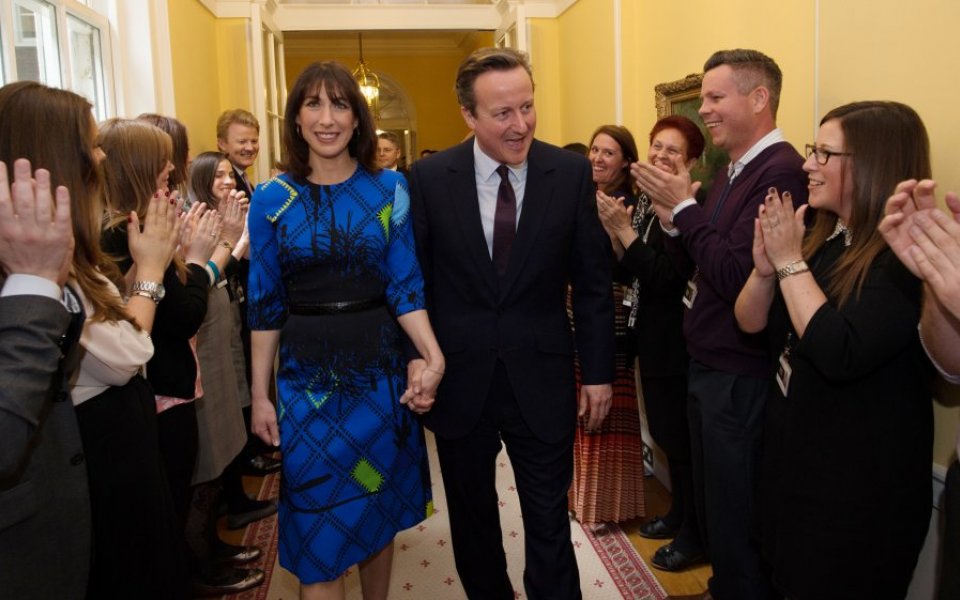General Election 2015: Unrepresentative samples are to blame for pollsters’ failure to predict victory for the Conservatives

The failure of pollsters to accurately predict the outcome of the General Election was largely the fault of "unrepresentative" samples, an inquiry has found.
A panel of experts set up by the British Polling Council found the methods of sample recruitment used by the polling organisations resulted in systematic over-representation of Labour voters and under-representation of Conservative voters.
Tory voters were under-represented in both phone and online polls.
Read more: Four charts explaining what happened in 2015
The panel was set up after pollsters came under fire as the majority of polls taken during the five-week electoral campaign put Labour and the Conservatives neck and neck, predicting the possibility of a hung parliament as "highly likely".
However, when the votes were all counted, the Conservatives won an overall majority for the first time since 1992, winning 99 more seats than Labour.
Read more: How this month defined what politics in 2016 will look like
The inquiry's chair, Professor Patrick Sturgis, said: “There have been many theories and speculations about what went wrong in 2015 but, having considered the available evidence, the inquiry panel has concluded that the ways in which polling samples are constructed was the primary cause of the polling miss."
Yet the inquiry also found that other factors contributed modestly to the erroneous prediction. These other factors include: voter turnout misreporting; question wording and ordering; treatment of overseas voters; treatment of postal voters; and treatment of un-registered voters.